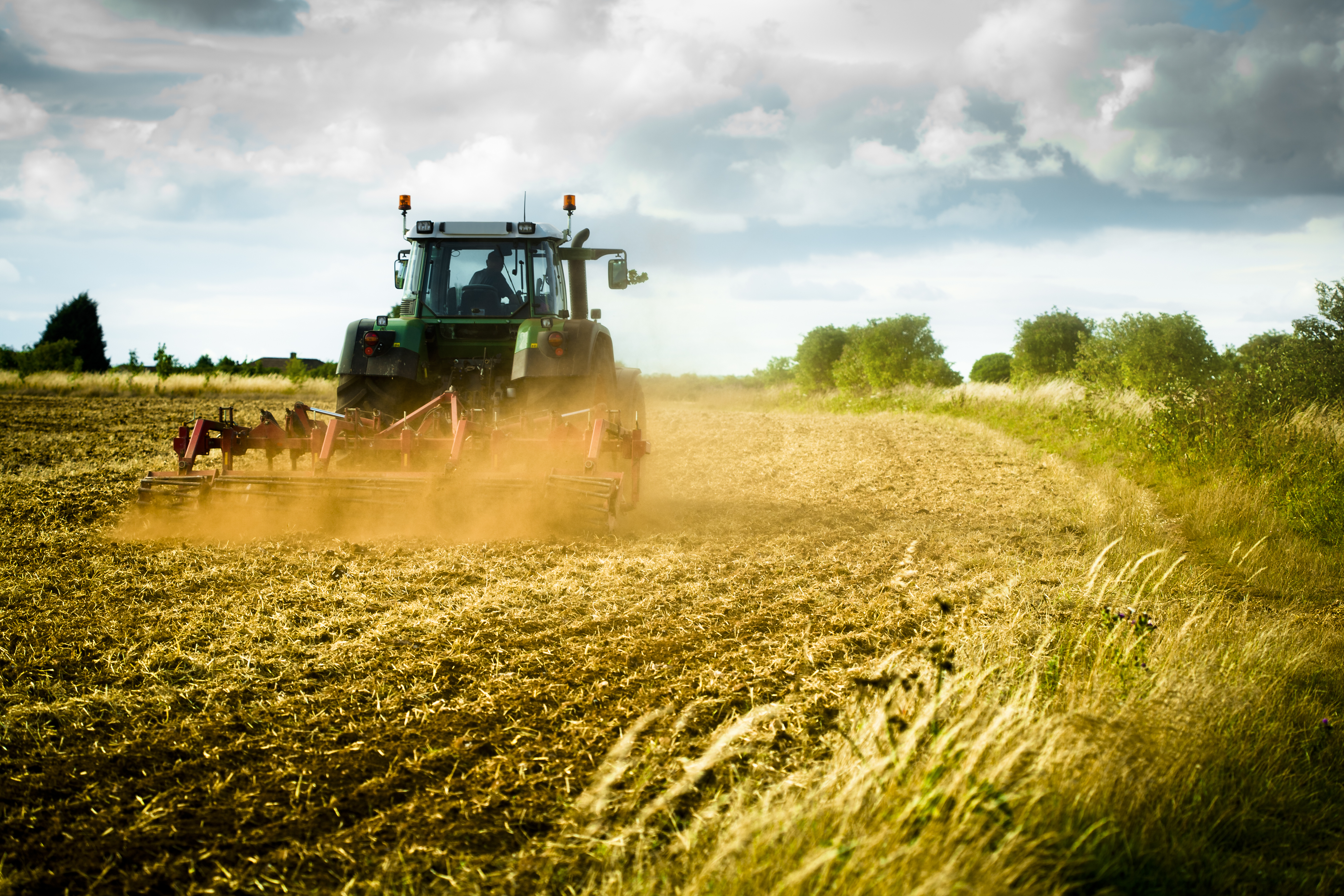- Home
- Protecting your farm against biosecurity threats
Protecting your farm against biosecurity threats
Good biosecurity is important and can be business-critical whether you are farming livestock or crops. While there are some sector-specific biosecurity issues, such as some notifiable diseases, most of the biosecurity measures to be taken on farm are broadly applicable:
- Don’t buy in problems in stock or seeds
- Don’t let disease spread across your farm boundaries
- Don’t bring disease into your farm on boots, vehicles, equipment or other supplies
It is essential to protect farm profitability. Introduction of disease could have major effects on the business and health of the herd, flock or crops.
There are many simple precautions that can be taken and any biosecurity plan must be tailored to the needs of your farm.

The benefits of protecting your farm against biosecurity threats
- New infectious diseases are avoided
- Spread of disease is reduced
- Control and eradication of disease becomes a real possibility
- Reduced need for antibiotic and medicine use
- Increased productivity
Our quick guide to keeping biosecurity a low risk on farm
General advice:
- Control vermin on farms
- Ensure all farm staff have received adequate training in areas that will reduce the risk of contamination and spread of disease
- Identify areas of high risk on your farm and address these first
Additional advice for livestock farmers:
- Move towards a closed herd policy and all-in all-out management of buildings, rooms or pens
- Define, monitor and maintain your herd/flock health status
- Isolate incoming stock — discuss testing and vaccination or treatment during the quarantine period with your vet
- Clean thoroughly and disinfect effectively between batches of animals
- Provide clean feed and water
- Keep housing well-ventilated and draught-free
- Ensure compliance with licence conditions for the movement of livestock

